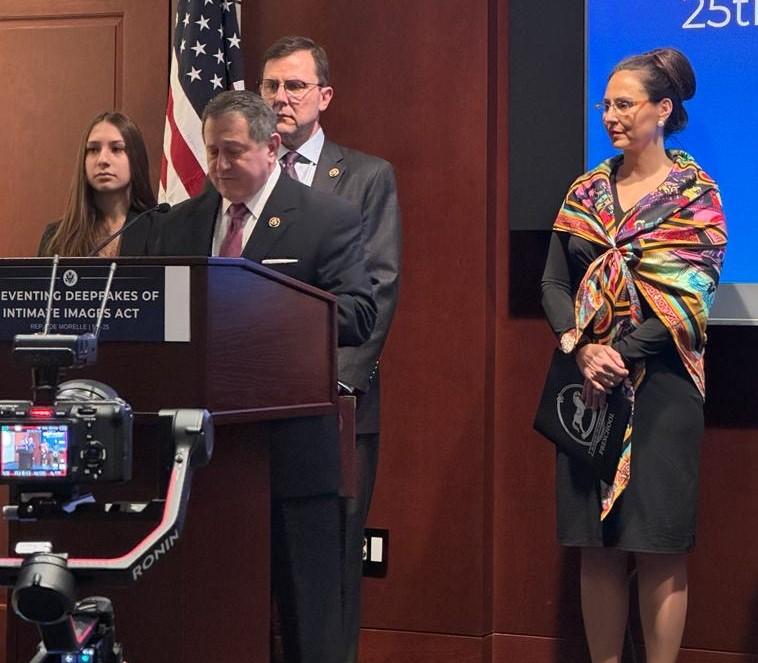At a House Appropriations subcommittee hearing on March 29, lawmakers continued to press Department of Veterans Affairs (VA) Secretary Denis McDonough on a budget issue that is top of mind for many in Congress: how the VA plans to use a block of the money that was appropriated in the PACT Act, the landmark law passed last August that compensates veterans and their families for harm veterans incurred as a result of exposure to toxins.
The PACT Act, in which Congress wrapped the Cost of War Toxic Exposures Fund (TEF), includes $300 billion in financial compensation.





